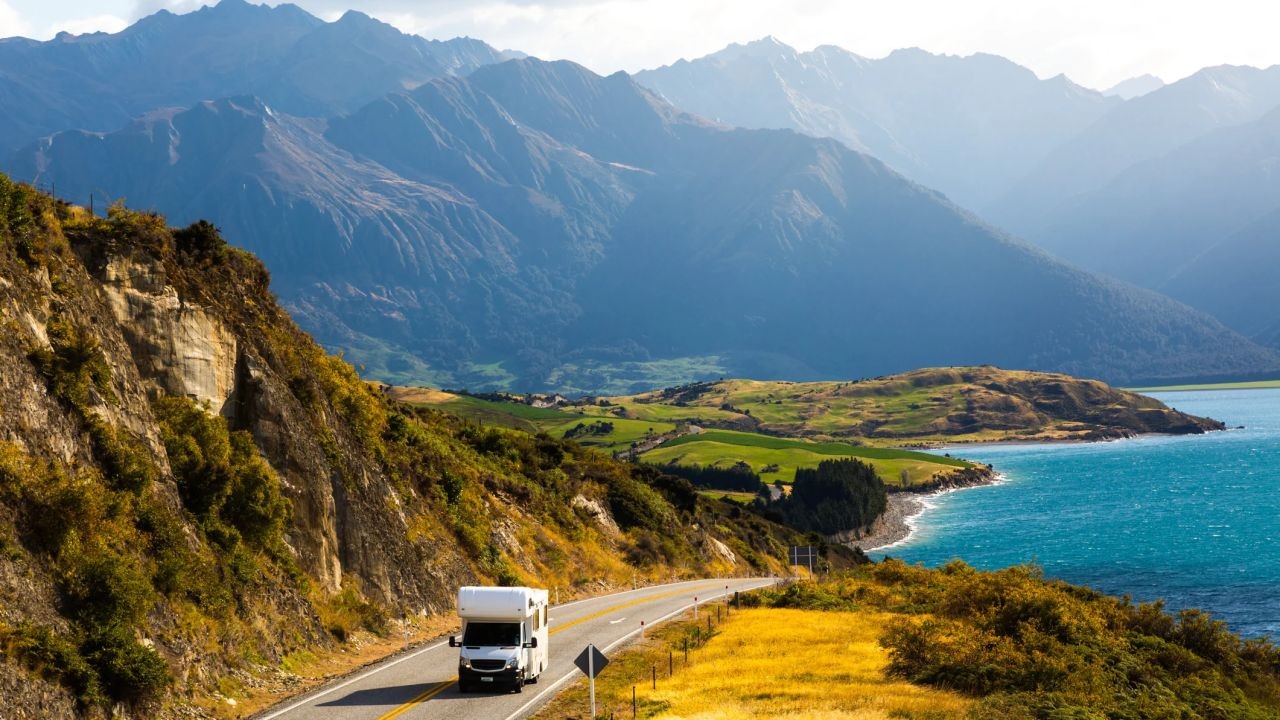In the face of rising sea levels and increasing climate change threats, New Zealand stands at a critical juncture. The decision between a managed retreat and a managed collapse of coastal areas is not merely a logistical or economic question—it's a cultural one that touches on identity, heritage, and future sustainability. As New Zealand navigates these complex waters, understanding the potential economic, social, and environmental impacts is crucial for making informed decisions.
The Implications of Rising Sea Levels in New Zealand
New Zealand's coastal regions are home to a significant portion of its population and economic activity. However, according to the Ministry for the Environment, sea levels have risen by 20 centimeters since the late 19th century, with projections suggesting further increases of up to 1.5 meters by 2100. This rise poses a direct threat to infrastructure, property, and ecosystems, raising the question: Should New Zealand focus on managed retreat or face the consequences of unmanaged collapse?
Case Study: The Managed Retreat of Matatā
Problem: The small coastal town of Matatā faced repeated flooding and debris flows, severely impacting homes and livelihoods.
Action: Authorities implemented a managed retreat strategy, relocating residents to safer areas while restoring the affected land to natural conditions.
Result: This proactive approach avoided future disasters and potential costs associated with rebuilding. It also highlighted the importance of timely intervention and community involvement.
Takeaway: The Matatā case underscores the value of managed retreat as a viable strategy for safeguarding communities against inevitable environmental changes.
Economic Considerations: Managed Retreat vs. Managed Collapse
Managed retreat involves significant upfront costs, including compensation for property owners, infrastructure removal, and community resettlement. However, these costs may be offset by the long-term savings in disaster recovery and adaptation. The Reserve Bank of New Zealand estimates that climate-related disasters could cost the nation up to NZD 20 billion by 2050 if no preventive measures are taken.
Conversely, a managed collapse would mean dealing with the aftermath of environmental disasters, including potential loss of life, increased insurance premiums, and economic instability. Such scenarios could severely impact New Zealand's tourism and agriculture sectors, which are heavily reliant on coastal areas.
Pros and Cons of Managed Retreat
Pros:
- Long-term Safety: Reduces risk to human life and infrastructure.
- Environmental Benefits: Restores natural habitats and biodiversity.
- Economic Savings: Avoids costly disaster recovery efforts.
Cons:
- High Initial Costs: Requires significant investment in relocation and compensation.
- Community Resistance: Emotional and cultural ties to land may hinder acceptance.
Contrasting Views: Managed Retreat vs. Managed Collapse
While proponents of managed retreat argue that it is a proactive and sustainable approach, critics suggest it may be too costly and disruptive. However, the middle ground might involve integrating managed retreat with other adaptive strategies, such as improved building codes and coastal defenses, to balance economic, environmental, and social considerations.
Common Myths About Coastal Management in New Zealand
- Myth: "Sea walls will completely protect us from rising sea levels." Reality: While sea walls provide temporary relief, they aren't a sustainable long-term solution as they can exacerbate erosion and harm ecosystems.
- Myth: "Managed retreat is only about moving people." Reality: It also includes restoring ecosystems and infrastructure planning to prevent future risks.
- Myth: "Managed retreat is a sign of defeat." Reality: It is a strategic decision to protect future generations and ensure sustainable development.
Future Trends and Predictions
By 2030, New Zealand's commitment to climate adaptation is expected to increase, with more integrated approaches combining managed retreat, sustainable urban planning, and technological innovation. According to a report by Stats NZ, the focus will likely shift towards creating resilient communities that can adapt to changing environmental conditions. The adoption of renewable energy and green infrastructure is anticipated to play a pivotal role in this transition.
Final Takeaways
- Strategic Planning: Managed retreat should be part of a broader climate adaptation strategy.
- Community Involvement: Successful adaptation requires engaging local communities in decision-making processes.
- Long-term Vision: Investing in sustainable infrastructure today can prevent costly disasters tomorrow.
As New Zealand grapples with the realities of climate change, the choice between managed retreat and managed collapse will shape the nation's coastal future. By prioritizing proactive strategies and community engagement, New Zealand can navigate these challenges and emerge as a leader in climate resilience.
What's Next?
How do you envision New Zealand's coastal future? Share your thoughts and join the conversation below. For those interested in exploring further, consider subscribing to our newsletter for updates on climate adaptation strategies and insights.
People Also Ask (FAQ)
- How does rising sea levels impact New Zealand's economy? Rising sea levels threaten coastal infrastructure, increasing costs for disaster recovery and impacting key industries like tourism and agriculture.
- What are the challenges of a managed retreat? High initial costs, emotional ties to land, and community resistance are significant challenges.
- What are the benefits of a managed retreat? It ensures long-term safety, restores ecosystems, and provides economic savings by avoiding future disasters.
- Why is managed retreat controversial? It involves significant upheaval for communities and requires substantial investment, making it a contentious issue.
- How can New Zealand prepare for climate change? By embracing sustainable infrastructure, engaging communities, and integrating adaptive strategies like managed retreat.
Related Search Queries
- New Zealand sea level rise 2023
- Managed retreat examples NZ
- Climate change impact on New Zealand
- Coastal management strategies NZ
- Future of New Zealand's coastal regions

































James Stewart
16 days ago